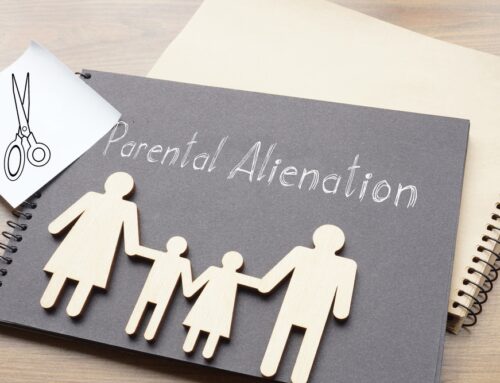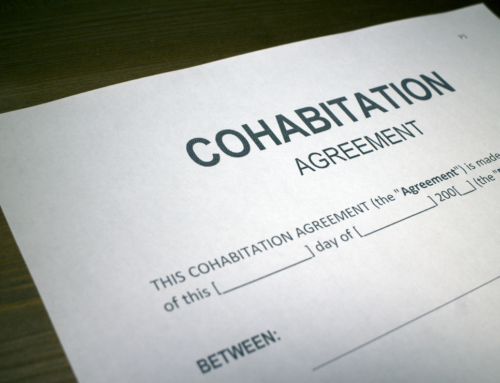Families are not perfect. We all know how hard things can get, and sometimes despite our best efforts, things fall apart. When marriages, relationships or civil partnerships end it can be a distressing time for all involved. When you have spent years or even decades building a life together, it’s not easy to separate into two individuals again.
Aside from all the emotional challenges of separation, there are lots of practical things to think about too. If you have a young family, you need to think about where the children will live, who will have contact with them and child maintenance payments. You’ll also need to deal with all your financial matters.
When emotions are running high, decisions around children and money can get, well, messy. But before heading for the courts, you should always firstly consider family mediation.
If you want to find out more, here’s everything you need to know about family mediation…
What Is Family Mediation?
Family mediation, like any other kind of mediation, involves an impartial, professionally trained mediator. They help you to work out arrangements with your ex-partner during or after divorce or separation.
You sit down together at a neutral location and discuss arrangements for child residency and contact, child maintenance payments, and any other financial matters that need addressing, such as what to do with your house and any savings, pensions or debt.
A mediator will not tell you what to do, but will support both parties to reach an agreement and aid communication between you. They can also advise on making any agreements legally binding.
Family mediation can be useful when working out arrangements for grandparents, step families, or in-laws to have contact with the children. You can also head back into mediation if your circumstances change, eg your children are growing up, and you need to alter your agreed arrangements.
Family Mediation Vs Going To Court…
It can be tempting, when things with your partner turn sour, to jump straight into litigation. However, mediation should always be your first option.
You will still need a solicitor to handle the formal process of your divorce. But if you can work out the details via mediation, it will save you from the stress of a drawn-out court battle and huge costs. Working things out via mediation is also, in most cases, much less upsetting for the children involved and a quicker path to a solution.
Mediation is collaborative whereas litigation is confrontational. In court, a judge will make decisions on your childcare and financial arrangements, and you will have to stick to this even if you or your ex are not completely happy with it. In mediation you have more control over the outcome.
Does Family Mediation Work?
Most people who enter family mediation will work things out without needing to go to court. Legal proceedings should be your last resort when all else fails and a judge will expect you to have tried mediation before they will hear your case.
Family mediation can be highly effective and ultimately more satisfying than legal proceedings.
If you need support or advice about divorce, separation, family mediation, child maintenance or any aspect of family law, get in touch with our team. Our solicitors understand the difficulties of divorce and are here to help you find the best path through it for you and your family.




